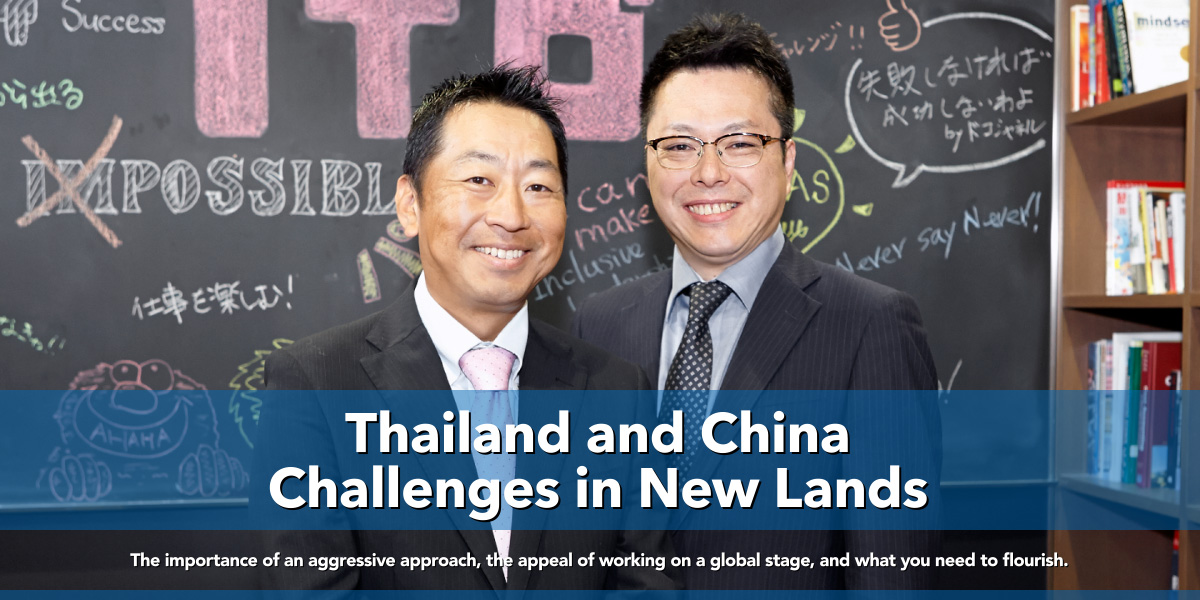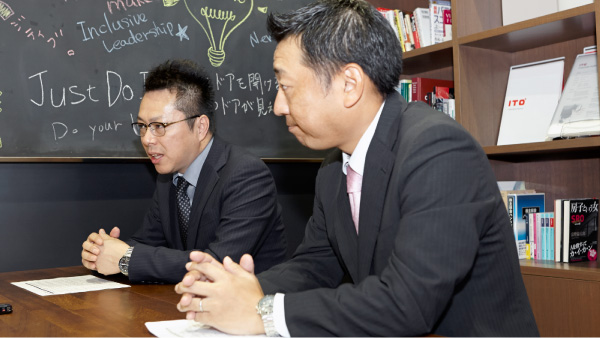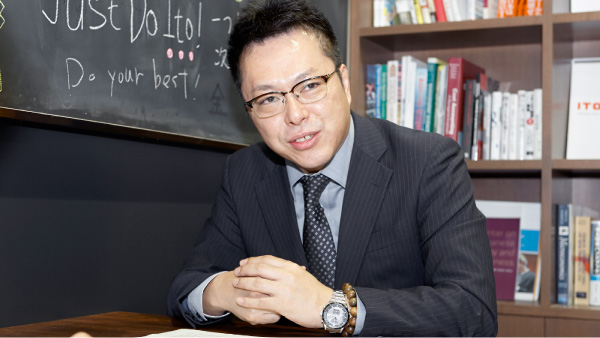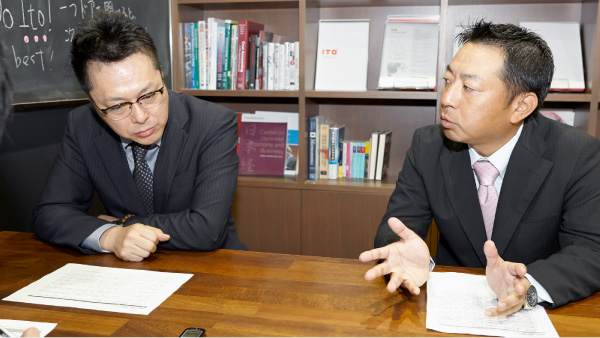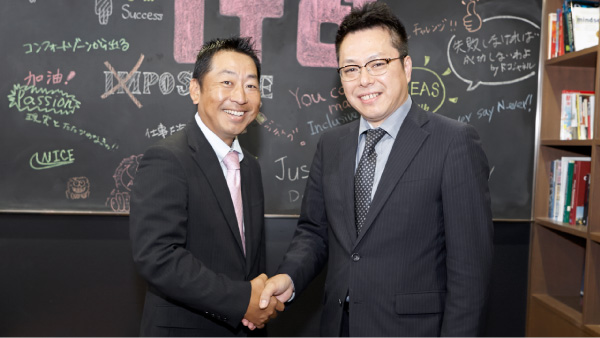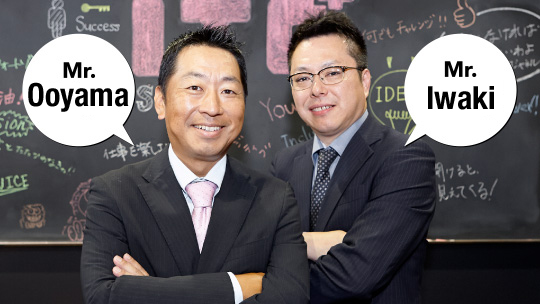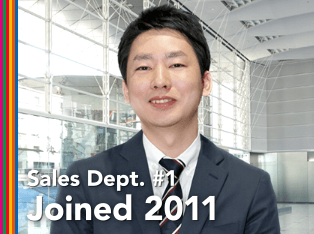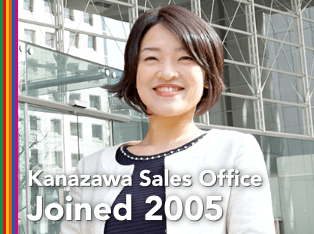The "Three A's" are important in working overseas
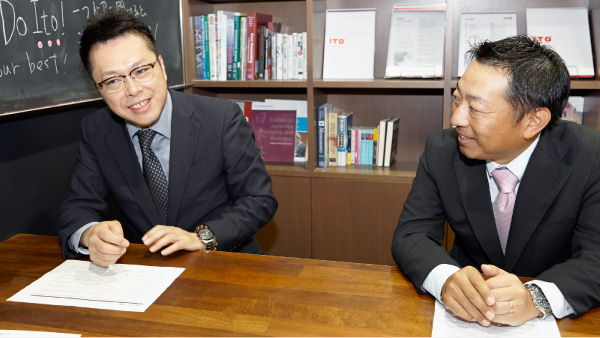
Many years ago, a senior colleague taught me that when working overseas, the "Three A's" are important. They are "absorb, adjust, adapt." It's important to learn and absorb the local culture and customs, adjust, and then adapt yourself to them. For example, even a simple phrase is okay, so greet people in the local language. If you do so, people will get a good impression and think, "this person is trying to adapt to our culture."
I really get that. When I do my best in Thailand to speak with them in their own language, the locals are always delighted.
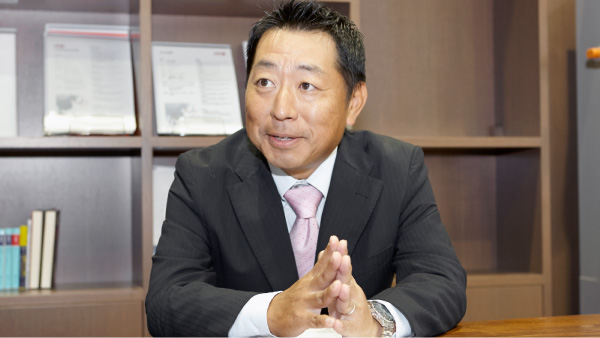
Actually, when it comes to the "absorb" part, there was a time when I failed miserably. Once, immediately after sealing a big deal in a far-off location, we received an invitation from the other party to go drinking. China is a country where work is closely connected with alcohol. But because I had little time before my return flight, I turned down the invitation. Then the next day I was told, "We cannot do business with people who do not understand our culture."
That must have been a surprise.
I was really surprised. But there are many people in China who defer to such a culture and think highly of it. Looking back, that event taught me that I didn't have enough understanding of different cultures.
Yes, it's true that in China or Southeast Asia, personal ties between people are considered important in business. Regarding the point about "adapting," golf is currently booming in Thailand, and so I also play with business partners and their acquaintances on the weekends. We have birthday parties for the employees, we all go on company trips, and everyone seems delighted by my participation. That kind of closeness is probably something different from Japan.



